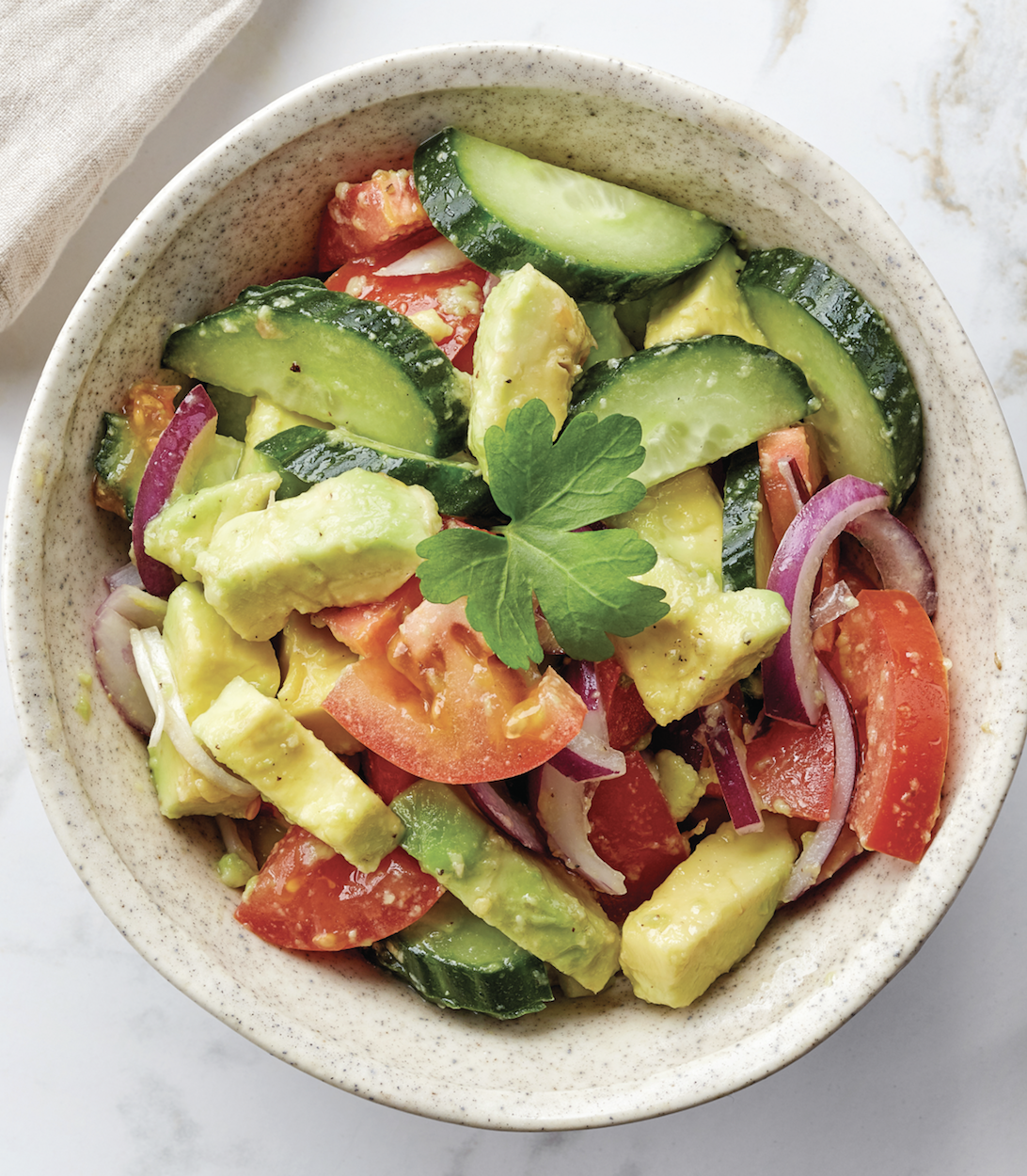Wellness
Wellness
May We Recommend
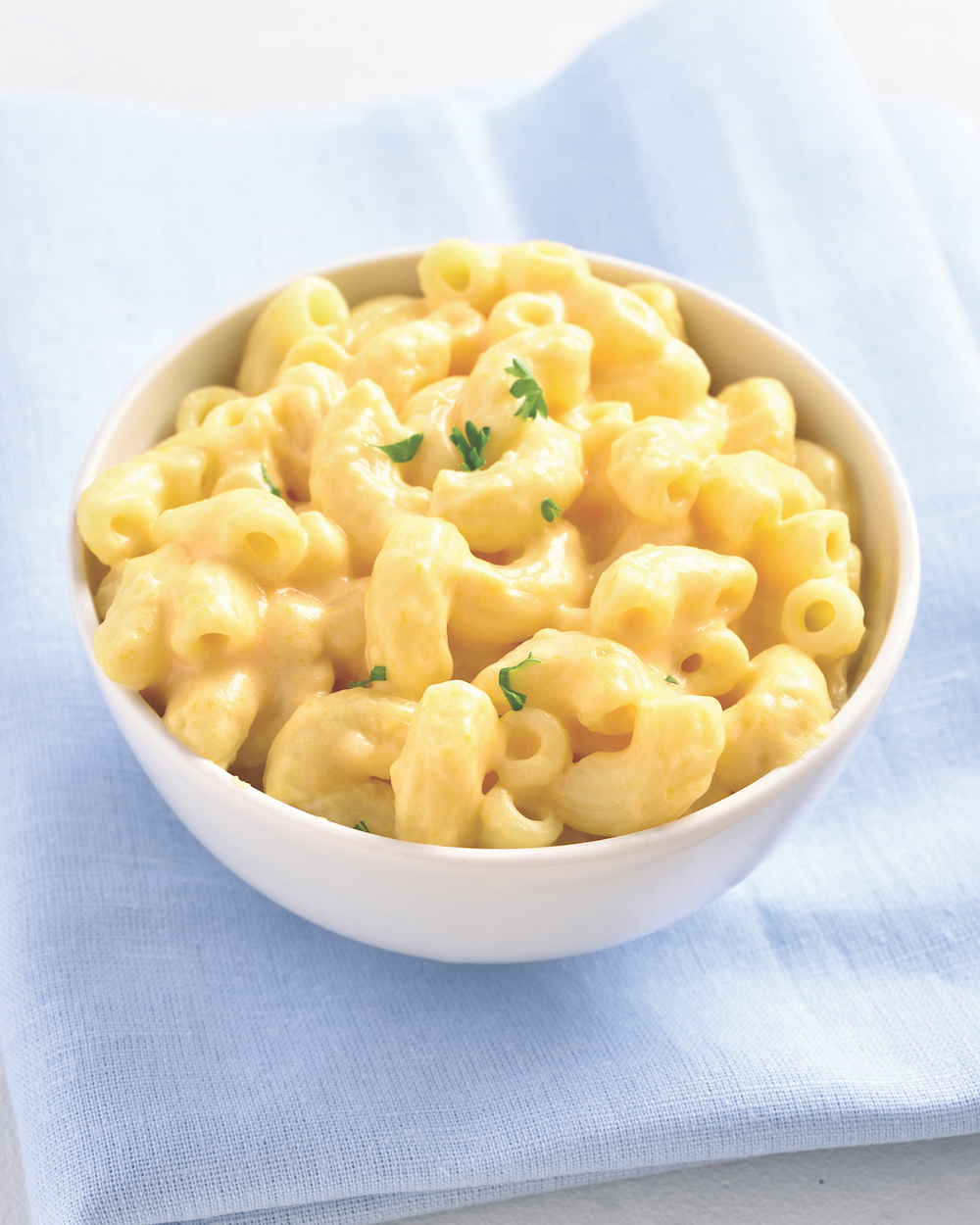
My Recipes
My Shopping List
+ Add to Shopping List
WELLNESS TOOLS
EATING BY COLOR
Blues
Orange
Green
White
Red
WHAT'S IN SEASON?
GLOSSARY
Tips For An Overall Healthier Lifestyle
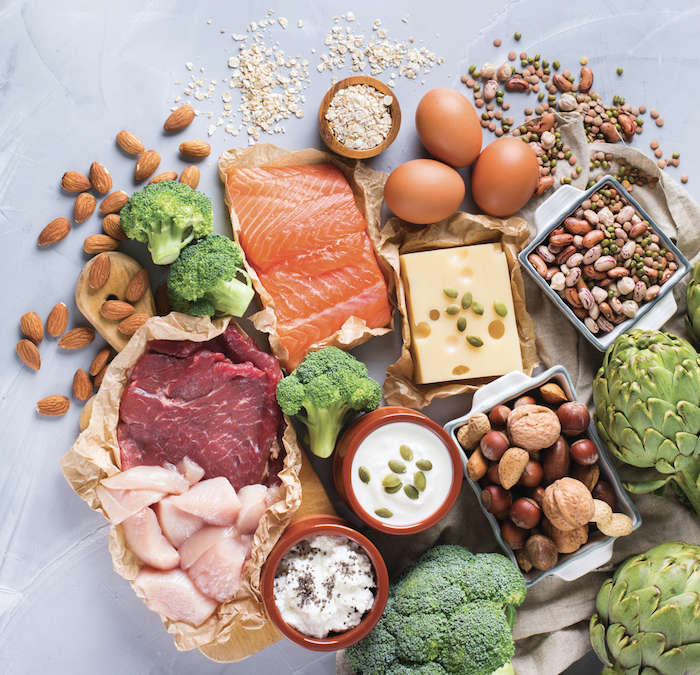
Suggestions Made Simple
The list can be endless with tips to living a healthier lifestyle and following a better diet. Sadly, many are quick answers for only a short time. The truth to leading a healthier lifestyle is looking to the long term. Setting goals that can be maintained for an extended period instead of weeks. Though this sounds daunting, it reality changing habits little by little over time can be more beneficial than sudden changes. Small changes are key to having a healthier lifestyle. Such as replacing a soda with sparkling water, when a craving sets in.
Since water is the main component of the body, it makes sense that water should be your first choice when thirsty. It’s the only beverage that truly hydrates. On top of hydration, water helps the body flush toxins and aids cells in carrying nutrients. Water is the one drink that the body needs and cannot have enough. This isn’t advocating drinking gallon after gallon. Instead, simply drink more daily. Water helps regulate overall function and also curbs hunger pangs. Replacing any beverage with a glass of water is always ideal. Water alone should be a daily goal, not when it’s a part of another beverage, such as coffee.
Limit your coffee consumption to a few cups each day. The caffeine in coffee stimulates the central nervous system giving an energizing effect, hence the reason it’s so popular in the morning. It wakes you up and gives you a boost when you need it most. In truth, this effect is addicting and can cause adverse effects. When high amounts of caffeine are involved. Heavy doses of caffeine can have adverse effects, such as insomnia, irritability and restlessness. Even though low to moderate caffeine consumption hasn’t been proven harmful, limiting your coffee intake to a one or two cups should be an overall goal. Quitting coffee cold turkey will likely have worse effects than consuming more in a day. This will likely cause severe headaches and increased irritability. Tapering off caffeine slowly is the best route to take. It will lessen the effects of both consuming and lack of caffeine. The smartest way to drink coffee is black, without cream and sugar.
An often overlooked health factor is sugar and salt intake. These two contribute to less healthy lifestyles and health overall. Sure they taste good, but they’re not good for you in the long run. Too much sugar adds to your waistline. It creates fluctuations in your energy levels on a daily basis. You’ll experience a peak of energy then crash abruptly. Finding a way to limit sugar intake is easier said than done. Eating naturally sweet foods such as fruits is a simple solution. Eat an apple instead of candy, have an orange instead of a donut. Sugar is hidden in most processed foods. On average, people have way too much sugar without even knowing it. For example, a single can of soda has nearly 10 teaspoons of sugar. This may not sound like a lot, but that’s more than a person should have in a single day! Switching to fruit flavored sparkling water is a quick fix for the sugary drink craving. Second comes salt, one factor for high blood pressure. Generally, too much salt/sodium makes food unhealthy. Look at the sodium content next time you’re buying food, you might be surprised by the single serving amount. The normal intake for sodium should be around 1,500 - 2,300 milligrams a day, that’s only a single teaspoon. Sadly, most people exceed that by a large margin. As a general rule, salt and sugar are best in very small quantities.
Protein and “good fats”, omega-3, 6, 9, are better in larger quantities on the other hand. Protein helps by giving the body required energy. Without enough protein, we lose muscle mass, our immunity is reduced and our heart and lungs cease to work properly. A good way to get the required protein is to eat smart. Eating beans and nuts is one of the easiest ways by far. Add black, navy or garbanzo beans to your next meal. They’re a good source of vitamins, complex carbohydrates and fiber. A single cup of cooked beans contains more potassium than a whole banana. Potassium is important since it’s required to keep the nerves and muscles working. Secondly, potassium counteracts the effects of sodium, helping maintain heart rate and blood pressure. Another great way to get your vitamins and protein are from nuts. The best tasting and by far healthiest nuts are walnuts, pistachios, almonds and pecans. They have good levels of heart healthy omega-3 fatty acids. Almonds stand out among the pack, since they’re also packed with fiber and antioxidants! Be wary though, eating too many can be just as bad as overindulging with sweets. Moderation is the name of the game. A little is great for you, but a lot can be detrimental. The upside to eating a few nuts, they help curb your appetite.
The obvious change in your diet is to add more fruits and vegetables. Their biggest selling point is they are packed with vitamins and minerals naturally. Nearly ever fruit is vitamin rich, full of antioxidants and contributes to better health. Raspberries are a great source of vitamin C and have the highest amount of fiber amongst any other food. Cherries are great for body aliments, such as sore muscles and also help relieve headaches and insomnia with melatonin. Naturally sweet vegetables, such as corn, onions and tomatoes add flavor without adding sugar. Bell peppers are a great source of antioxidants vitamins A, C. Tomatoes are rich in lycopene, which benefits skin and helps the body fight free radicals. Don’t forget green vegetables, they have natural calcium, iron, potassium, zinc and vitamins A, C, E. Most fruits and vegetables are very tasty and nutrient rich. Whether they’re cooked or raw, they give you what you need without making it difficult.
Changing even the smallest detail in your diet has a lasting effect on your overall health. Having a smart small snack during the day will boost metabolism. A fresh salad is better than a fast food cheeseburger. Having a serving of fruits and vegetables in place of fast food can benefit you in more ways than you can count. Reduced sugar and salt daily helps maintain good blood pressure and better weight management. Having a home cooked meal compared to eating out at a restaurant can be a smarter choice, since larger portions tend to be served at restaurants. Next time you go out, try sharing a meal instead of having your own plate. Smaller portions lead to smaller waistlines ideally. Drinking more water and eating healthier foods can be easy. New habits take time to form and longer to make routine. Don’t change your diet and lifestyle overnight, this will likely cause you to stray.
|
Meta
| Grouping | Helpful Tips for a Healthy Winter |
| Diet | Low Fat |
| Low Sugar | |
| Low Sodium | |
| Health | Obesity |
| Diabetes | |
| Keyword | Diet |
| Exercise | |
| Health | |
| Healthy | |
| Grouping | Helpful Tips for a Healthy Winter |
Similar Articles:
What dinnertime dilemma?
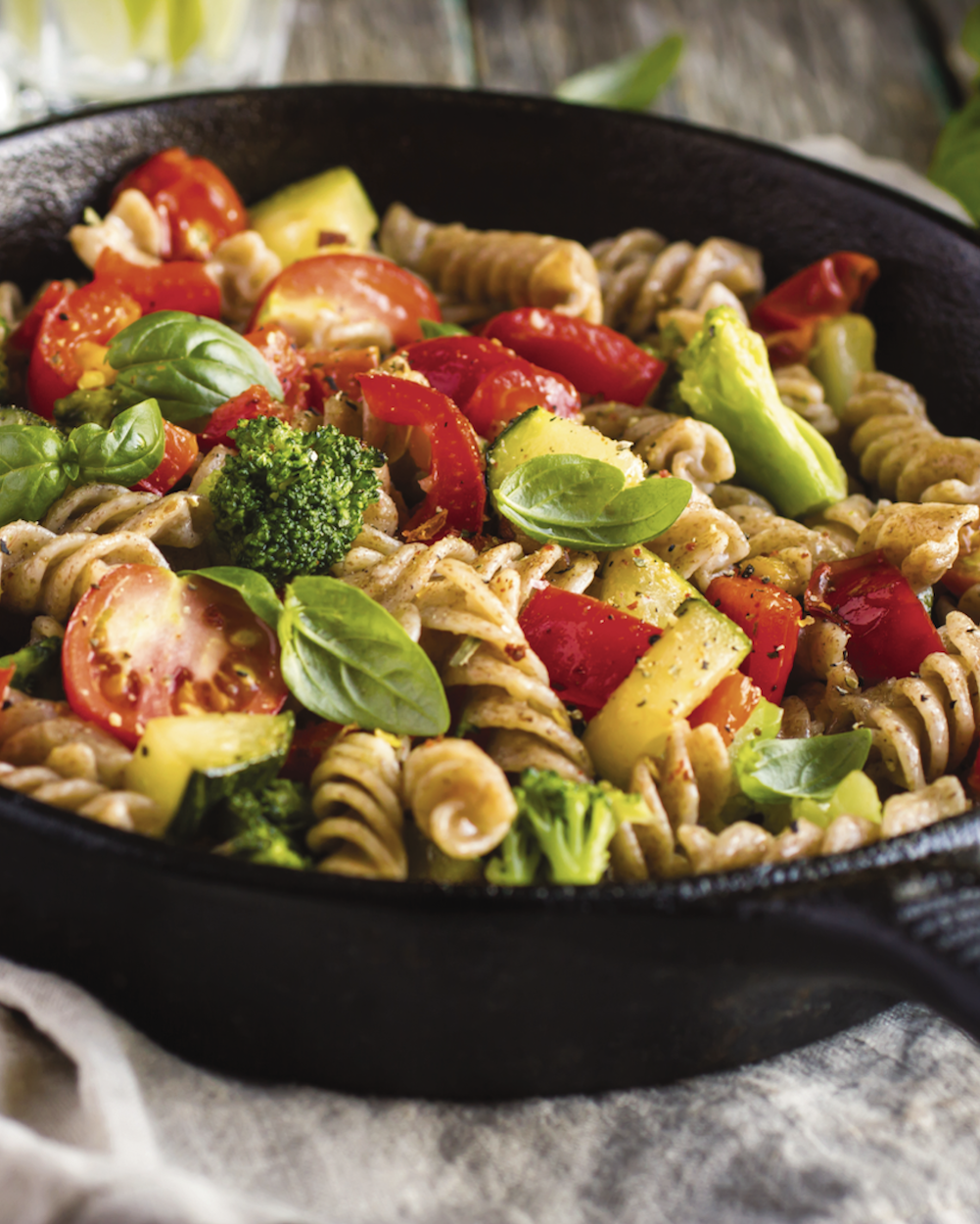
Easy recipes your whole family will love
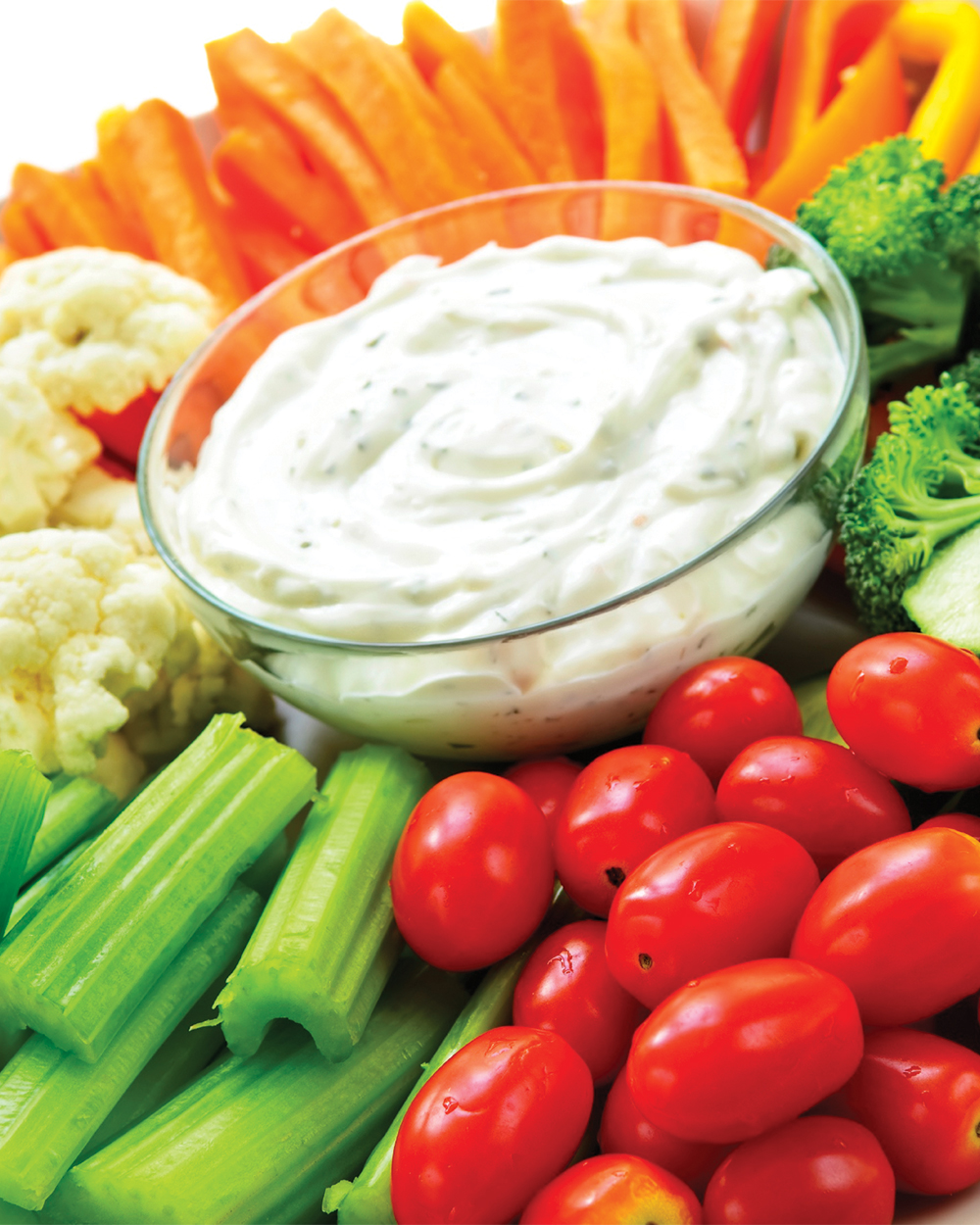
Healthy Recipes for a Healthy Life
